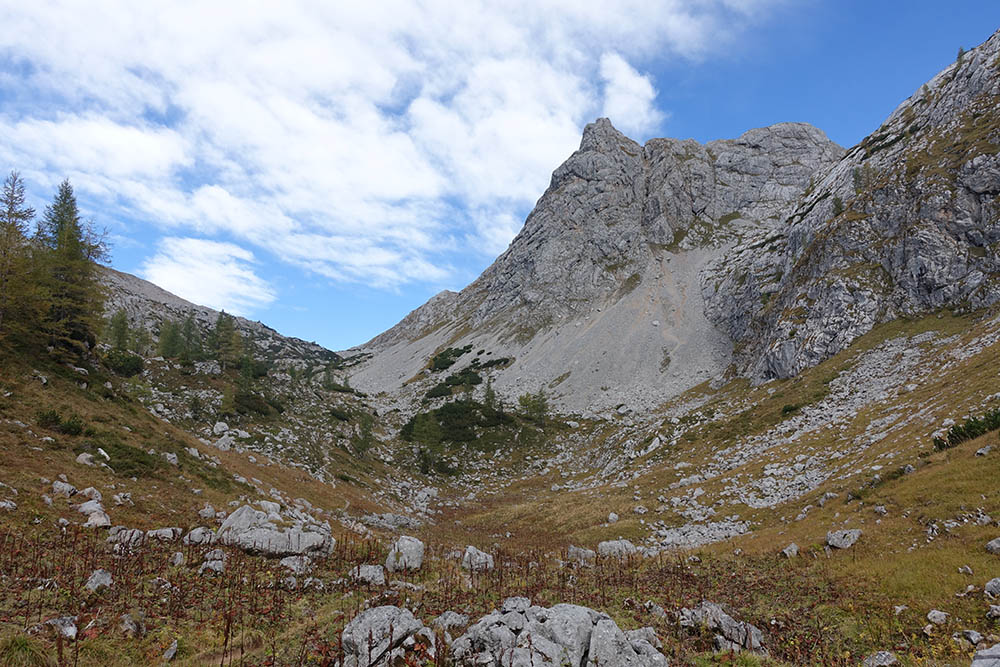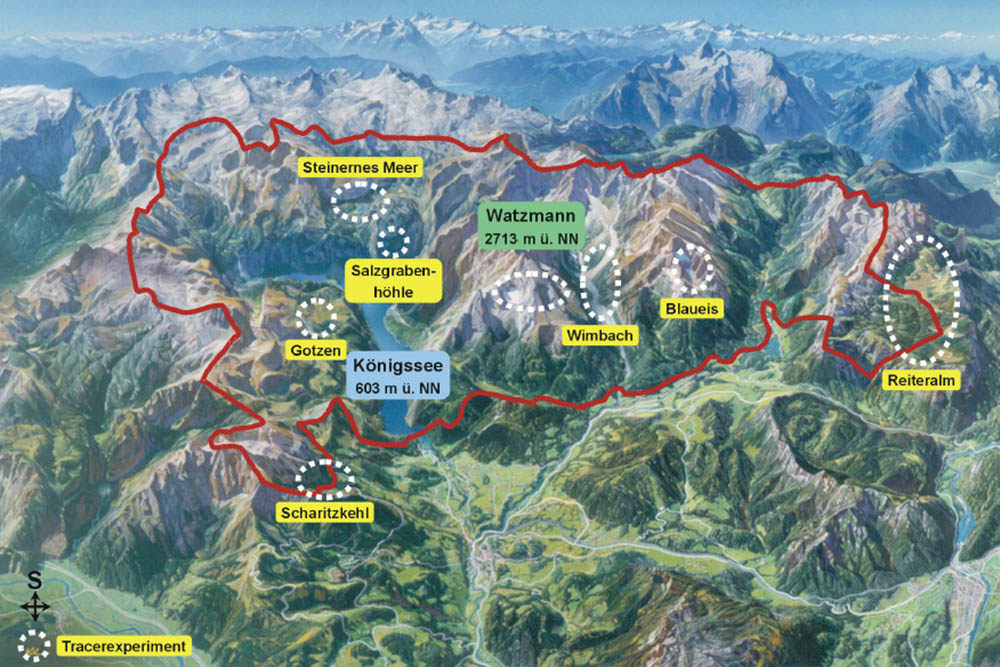Research
Research aims to investigate defined questions on the basis of specific hypotheses. In the national park, both basic research (i.e. research aimed at gaining general knowledge) and applied research (i.e. research questions with clear practical and action relevance) are carried out. The aim of monitoring in the national park, on the other hand, is to observe natural processes as comprehensively as possible and over the long term. Monitoring thus forms an important source of information for research, but also serves as a data basis for evidence-based ecosystem management. The stable administrative framework offered by the National Park provides a unique opportunity for long-term scientific observations. Research and monitoring take place in all main habitats of the national park (water, forest, open land, rock) as well as on a higher landscape level. Furthermore, where relevant to the research question, the national park foothills, the biosphere region Berchtesgadener Land or the entire Alpine region are also included in the research. The national park research is based on different methods, which range from observations and experiments in the field to the analysis of remote sensing data and the application of computer simulations.
Central topics of national park research are the study of natural ecosystem dynamics and the vertical gradient characteristic of the national park. In the core zone of the national park, the natural development of ecosystems can be observed and researched largely undisturbed by humans. The altitude difference of more than 2,000 m in the area of the national park causes a high variability of climatic conditions. This not only contributes to the high biodiversity of the area but also offers a unique opportunity to study climate effects. Due to the large amount of data created by research and monitoring, data management plays a key role in the national park. In addition to integrating different sources, data management also ensures their sustainable availability.
Team - only in german:
Publications - only in german:

